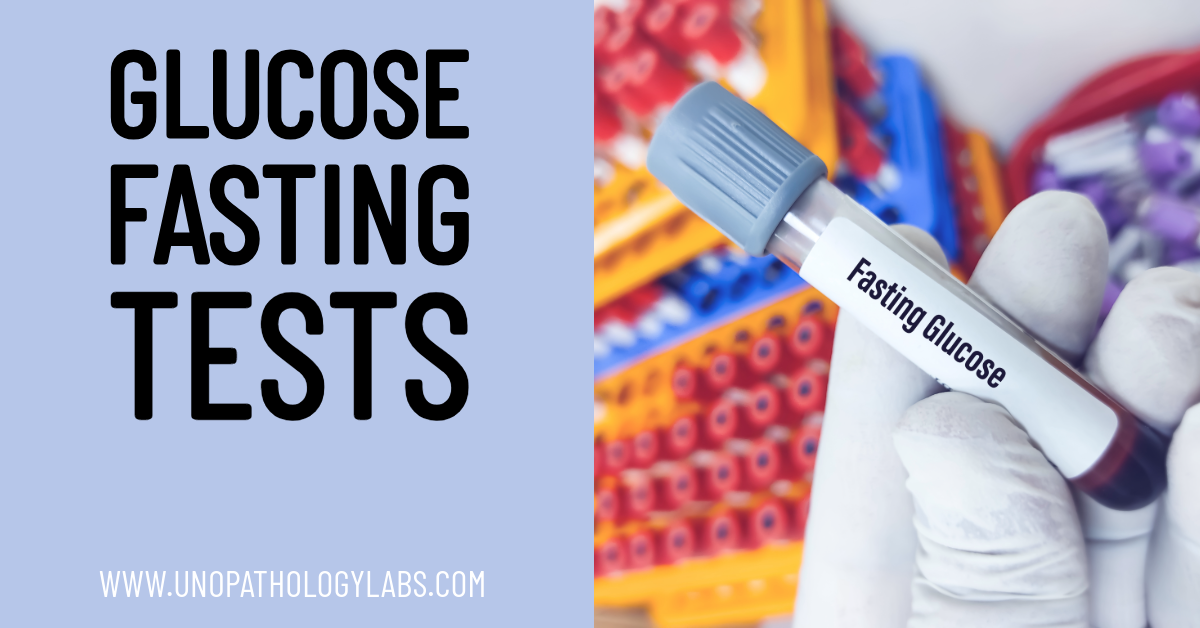Best Glucose Fasting Test in Mohali at an Affordable Price
With the ever-increasing cases of diabetes across the world, testing blood sugar has become routine for most people. The glucose fasting test is a basic diagnostic tool that helps check the level of blood sugar when a person has not taken food for at least some hours.
This test forms a basis for establishing the diagnosis of diabetes, monitoring already existing diabetes, and even in the diagnosis of prediabetes. With the increasing number of diagnostic centers and healthcare facilities in Mohali, several options are available for a glucose fasting test.
One of the simplest and most reliable methods for measuring blood sugar levels uses a glucose fasting test, also referred to as an FBG test. It has been useful in diagnosing diabetes and monitoring blood glucose among diabetic patients; in addition, the tests can show those who have risked developing this disease.
Importance of the Glucose Fasting Test
- Early Detection of Diabetes: The fasting glucose test is one of the major tests done for the diagnosis of both type 1 and type 2 diabetes. It helps the doctor measure blood sugar after fasting and, hence, differentiates a person with normal blood sugar from one whose blood sugar is high enough to be classified as having diabetes or prediabetes.
- Monitoring Diabetes Management: The repeat glucose fasting test is essential for people, who are pre-existing cases of diabetes, in monitoring different treatment plans, including medication, dieting and exercising, since it allows healthcare providers to adjust it to keep blood sugar at a healthy level.
- Preventing Complications: Early detection and proper management may prevent or delay the complications of diabetes, which include cardiovascular disease, kidney issues, and neuropathy.
- Risk Assessment for Prediabetes: The test is capable of detecting those with prediabetes, a condition in which the level of blood glucose is higher than normal but not high enough to be classified as diabetes. The development of type 2 diabetes can be prevented or delayed most of the times by changes in lifestyle and early intervention.
The Procedure of a Glucose Fasting Test
The glucose fasting test is simple, quick and minimally invasive. Here is a step-by-step overview of how the test is conducted:
- Preparation for the Test: The patient must fast for a minimum of 8–12 hours before taking the test. It ensures that a patient has no food or drink—except water—throughout that period to make sure that their blood sugar reading is not affected by any recently taken meal.
- Blood Sample Collection: A health professional collects a blood sample from a vein in the arm using a sterile, hollow needle attached to a syringe. This process only takes a few minutes and is associated with minimal pain or discomfort.
- Laboratory Analysis: The blood sample is then sent to the laboratory for the analysis of glucose level. The test result is usually ready in just a few hours or the next day, depending on a particular health facility.
- Interpreting the Results: The results for the glucose fasting test are provided in milligrams per deciliter (mg/dL). A healthcare provider uses the results of the test to determine whether an individual’s blood sugar levels are normal, prediabetic or indicative of diabetes.
